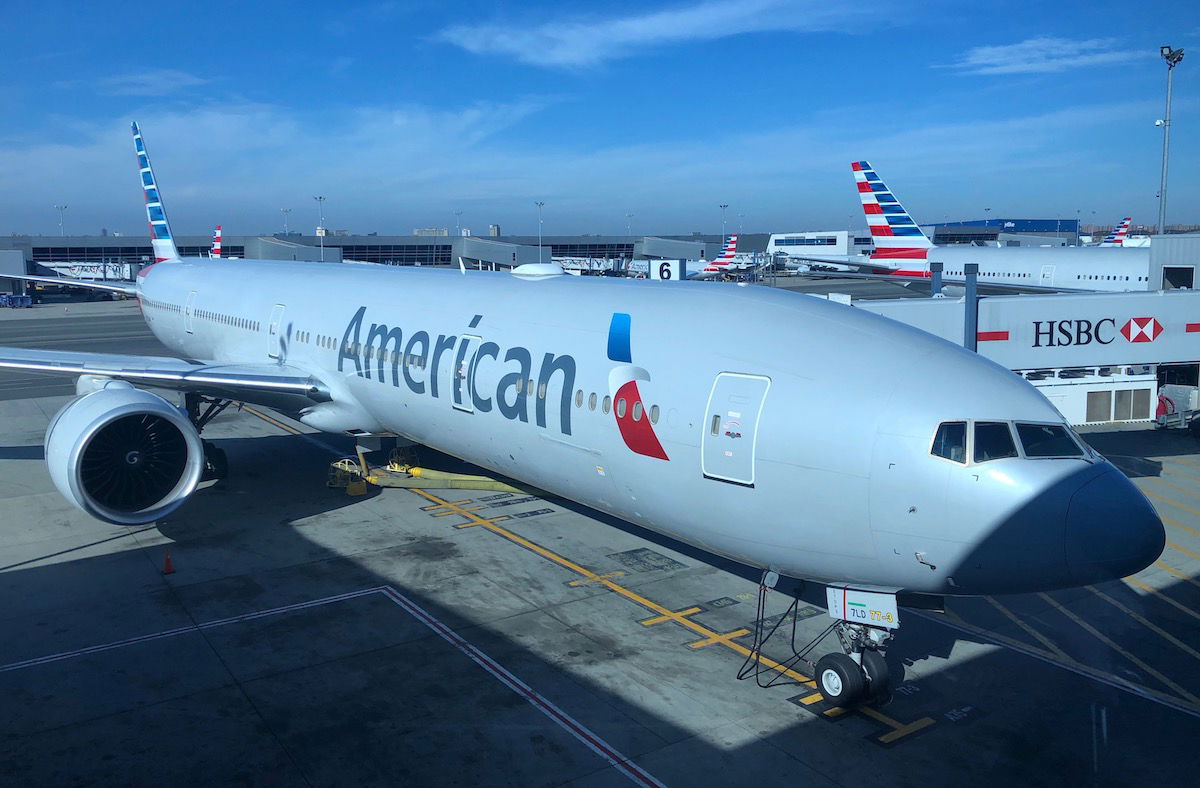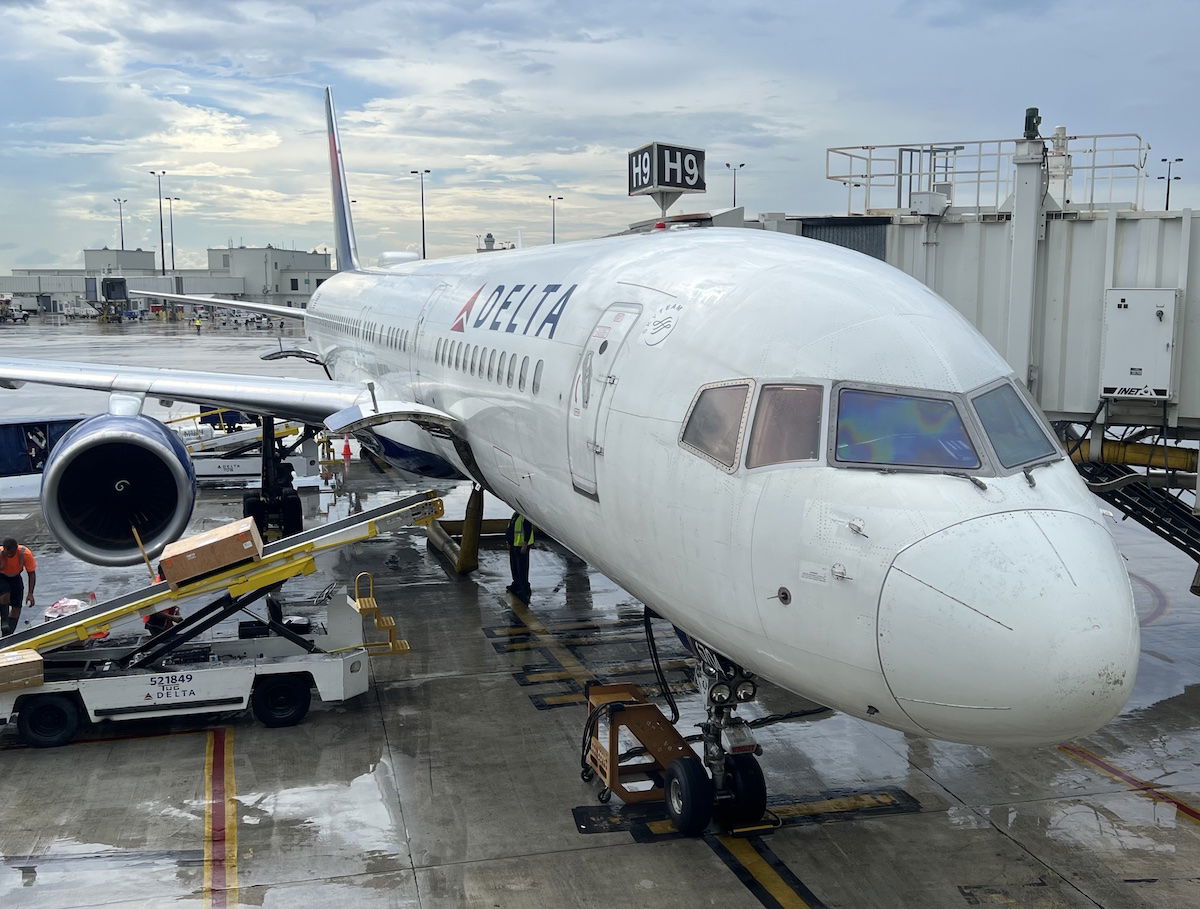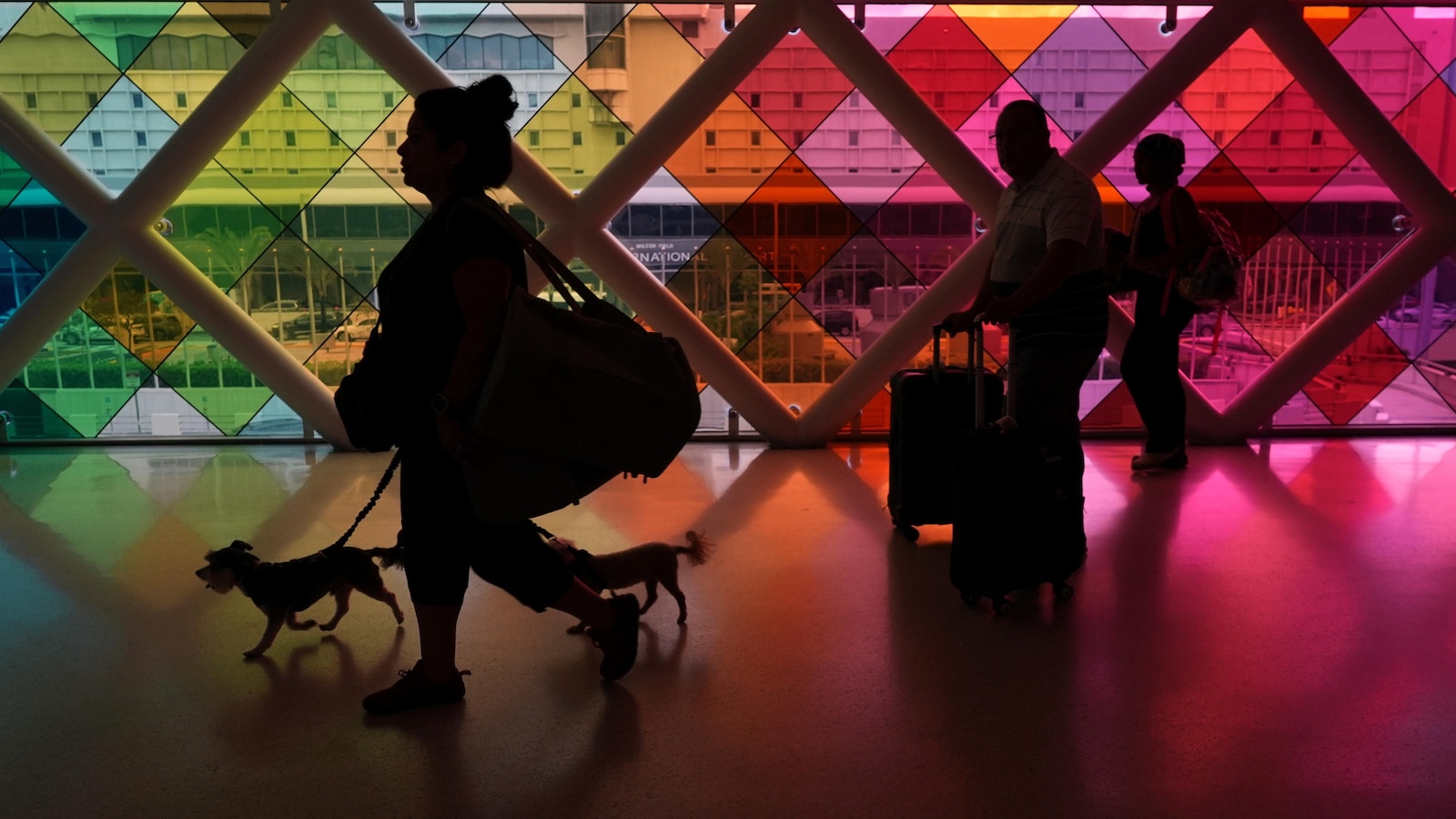In the United States, we’re currently seeing airlines pressure the Trump administration to eliminate regulations, and instead, allow airlines to self-police.
The Trump administration has revealed it won’t move forward with the Biden administration’s proposal to introduce cash compensation for delayed flights, among other things. But we could now even see a reversal of some of the progress that has been made with consumer protections for airline passengers in recent years.
The topic of consumer protections seems to have become oddly partisan. I understand of course that conservatives are conceptually in favor of small government and the free market, though most consumers don’t enjoy getting screwed. In this post, I’d like to address the argument I see in favor of eliminating regulations for airlines, which I strongly disagree with…
Airline contracts of carriage are totally one-sided
The airline industry is closely regulated when it comes to safety, as it should be. That’s something we can all agree on. What people seem to disagree on is to what extent airlines should be regulated beyond that.
Airline lobbying groups claim that the airline industry needs “re-deregulation,” suggesting that the consumer protections we saw added under the Biden administration harm consumers, and that eliminating these would “unleash American prosperity and the new ‘golden age’ of air travel in America.”
The argument is that the airline industry is “singled out for regulatory oversight,” and that we should let the free market decide on consumer protections, given the “longstanding and proven commitment to customer service” the airline industry has shown (lol?). The airline industry was deregulated decades ago, so economic issues should be returned to the marketplace… right?
Let’s talk about that for a minute. Why should airlines have a higher level of regulation than other businesses when it comes to consumer protections? Well, just try reading an airline contract of carriage. When you book an airline ticket, you’re being promised very little:
- The airline makes absolutely no guarantee as to when you’ll get to your destination, but rather just states that it will get you to your destination on the next available flight, though often only on its own metal or on select partners
- Worst case scenario, if the airline can’t get you there, they’ll offer you a refund
What’s interesting is that when we argue that the free market should decide these things, we make it sound like airlines actually differentiate themselves. Sure, they might differ on seat back TVs and cookies, but they basically collude in terms of promising the absolute minimum required when it comes to getting you to your destination.
Across the board, airline contracts of carriage essentially state that “yeah, we’ll do our best* to get you there, and if we can’t get you there, you’ll get your money back.” And keep in mind that airlines doing their “best” to get you somewhere isn’t actually a promise of them doing their best.
Instead, it’s an economic issue. Airlines could often get you to a destination faster if they booked you on an interline partner rather than on their own metal, but they typically don’t want to do that, because it’ll cost them more money. The economic incentives just don’t align with what the right thing to do is.

Why airlines need more oversight than other businesses
The reason I think airlines need more oversight is because they essentially all agree to sell a product without actually promising much.
Say you take a week off of work in the peak of summer, and you plan to travel from New York to Athens. Say your flight gets canceled due to a problem within the carrier’s control, but the airline tells you the next available flight is in four days. The airline then tells you that you can either rebook on that flight in four days, or the airline can refund you.
The problem with refunding a ticket like this is how complex airline pricing is. Day of departure, a roundtrip ticket from New York to Athens in the peak of summer on another airline would likely cost you an absolute fortune. It’s different than going to a restaurant, ordering food, and being told it’s not available, where you can just go to another restaurant and get something at a comparable price.
But let’s say that an airline could get you to the destination on an interline partner, but they just have a policy of not rebooking people on those flights. Do you think that’s a fair policy?
You might say “well, just book a ticket on a quality airline.” People argue that Delta is the most premium airline in the United States, but remember when the airline had its CrowdStrike meltdown? Many people couldn’t get rebooked for well over a week (if they could even get through to anyone at the airline), yet Delta only agreed to reimburse tickets on other airlines after the DOT threatened to investigate the carrier’s handling of its meltdown.
To me, this shouldn’t at all be a partisan issues. Republicans and Democrats both fly. Republicans and Democrats are both annoyed when their flights are delayed. Republicans and Democrats both think airlines should do everything in their power to help you when things go wrong. Republicans and Democrats both know that airlines often don’t do everything in their power to help you when things go wrong.
If you ask me, seeing a reversal of the progress we’ve made with consumer protections for airline passengers would be a massive step back for everyone. I know the Trump administration is claiming that it wants to wipe out 10 regulations for every new regulation it adds. But if you’re just trying to reach a quota, you’re not really doing what’s in the best interest of consumers.
We have to be honest with ourselves regarding what airlines are promising when we book tickets. There’s no consumer choice here, airlines all promise virtually nothing in their contracts of carriage. And as consumers, we should want some level of assurance that airlines will actually make their best efforts to get us to our destinations when things go wrong, which is only possible through regulation.

Bottom line
US airlines are asking the government to reduce regulations for consumer protections, arguing that the free market should decide what consumers want.
The issue with this argument is that all airlines are basically the same when it comes to what they promise customers, which is very little. They’ll try to get you to your destination eventually, sort of, kind of. If that doesn’t work, they’ll refund you, but that’s not very useful for most types of trips, where a last minute ticket would be expensive. Maybe other people think that’s just dandy, but personally, I don’t…
Where do you stand on airlines being “re-deregulated,” and “the golden age” of air travel?
Source link

